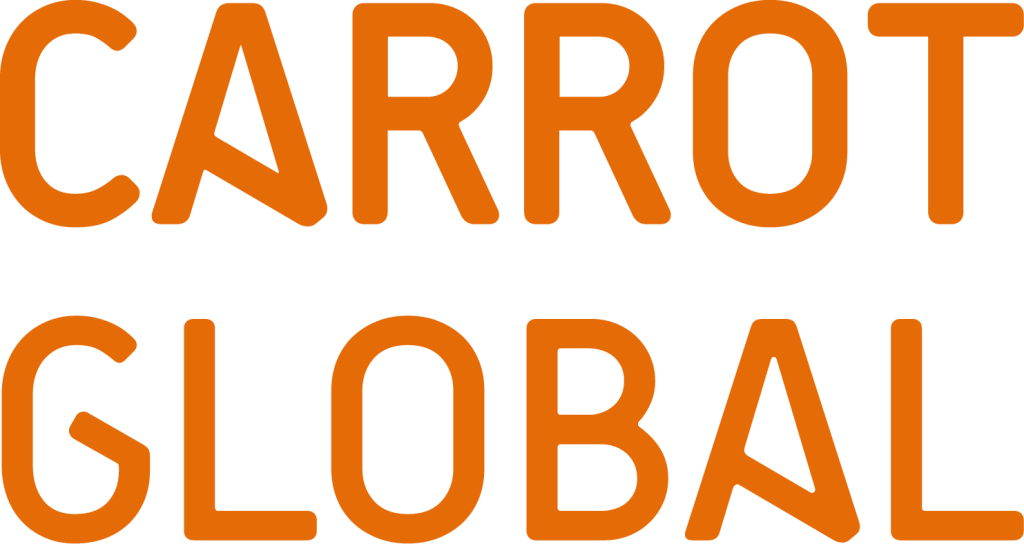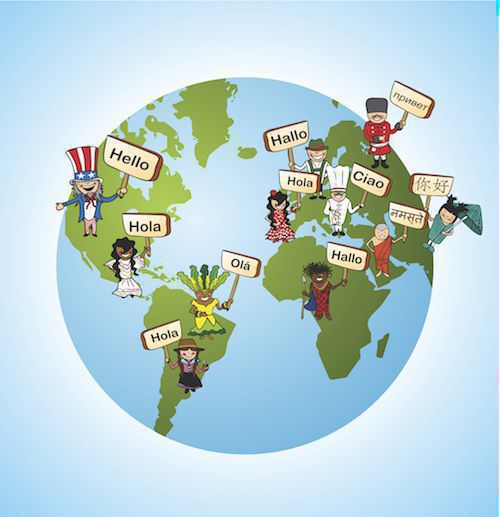Languages around the world
Human languages ranked by their number of native speakers are as follows. All such rankings should be used with caution, because it is not possible to devise a coherent set of linguistic criteria for distinguishing languages in a dialect continuum. For example, a language is often defined as a set of mutually intelligible varieties, but independent national standard languages may be considered separate languages even though they are largely mutually intelligible, as in the case of Danish and Norwegian. Conversely, many commonly accepted languages, including German, Italian and even English encompass varieties that are not mutually intelligible. While Arabic is sometimes considered a single language centred on Modern Standard Arabic, other authors consider its mutually unintelligible varieties separate languages. Similarly, Chinese is sometimes viewed as a single language because of a shared culture and common literary language. It is also common to describe various Chinese dialect groups, such as Mandarin, Wu and Yue, as languages, even though each of these groups contains many mutually unintelligible varieties.
There are also difficulties in obtaining reliable counts of speakers, which vary over time because of population change and language shift. In some areas, there is no reliable census data, the data is not current, or the census may not record languages spoken, or record them ambiguously. Sometimes speaker populations are exaggerated for political reasons, or speakers of minority languages may be underreported in favour of a national language
The current population of the planet is 7.7 billion. Of these 7.7 billion, 1.5 billion are native English speakers. French is spoken by 300 million people. It goes without saying that a growing number of individuals in today’s society are multilingual—it’s practically a need. However, how much room does this allow for, say, languages that are not utilized for trade?
Is the total number of languages spoken in the globe even known?
We do, indeed. All OK, sort of. There are hundreds more dialects spoken in addition to the roughly 7,000 languages that scientists have agreed upon. Following that, those languages are categorized into families. The Indo-European family, to which French and English belong, is the most well-known family, perhaps because it was the most researched. However, I’m not the most fascinated by this. You see, there are over 7,000 distinct languages spoken worldwide, yet just 80 are used by 80% of people, leaving thousands of speakers speaking in only 20% of the world’s population. Many languages are unfortunately lost as a result of this. As of right present, 40% are said to be gone. This translates to almost 2,800 languages throughout the globe.
2,800 more languages will perish in the abyss alongside Latin.
Isn’t it a substantial amount? It is likely that you have surmised that an entire civilization is also disappearing along with the language.
You may be asking why a language disappears, how a language may die, or even how we allow a language to perish.
In actuality, a language might vanish for a variety of causes. These might be for political reasons—for which Breton almost paid the price in the 20th century—or commercial ones, such as facilitating trade-related communication between two parties. It just takes one generation, which is a fairly straightforward explanation for the why. Children who do not pick up a dialect or a language will lose the information that was passed down to them from their parents’ or even their grandparents’ generation.
This is particularly true when verbal tradition serves as the primary foundation for the culture that goes along with the language in question.
What, though, can we do to stop that? We are able to care. About other people, sure, but also about their way of life. And acquire knowledge. Ultimately, instances exist when a language that was thought to be extinct or dying has miraculously revived! This was the case, for instance, with Breton or Hebrew. Why not take advantage of this chance to connect with individuals from other backgrounds? It is now much simpler with the resources at our disposal.

